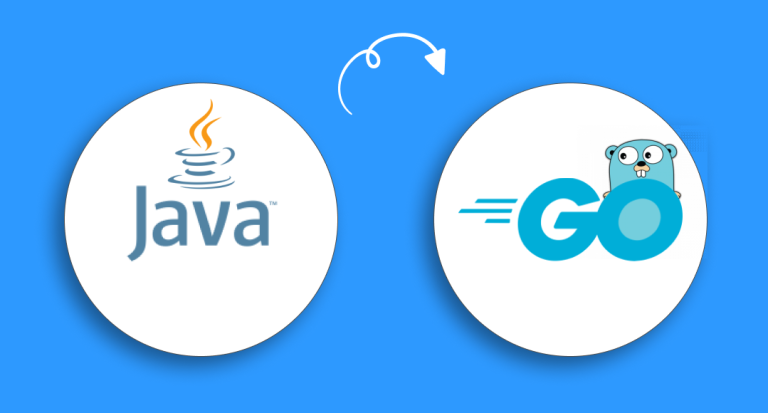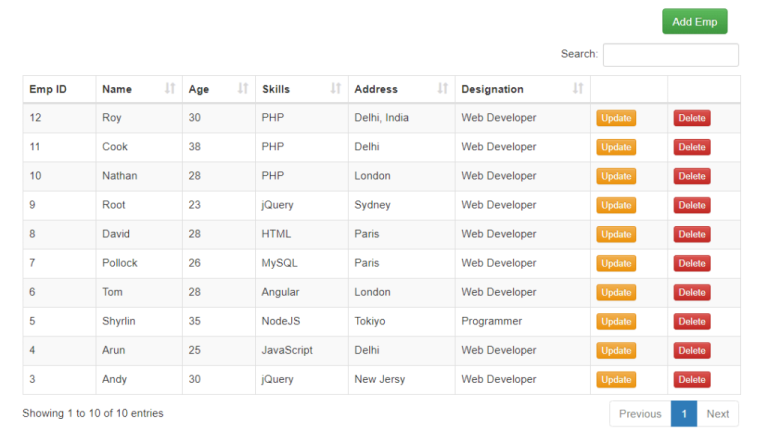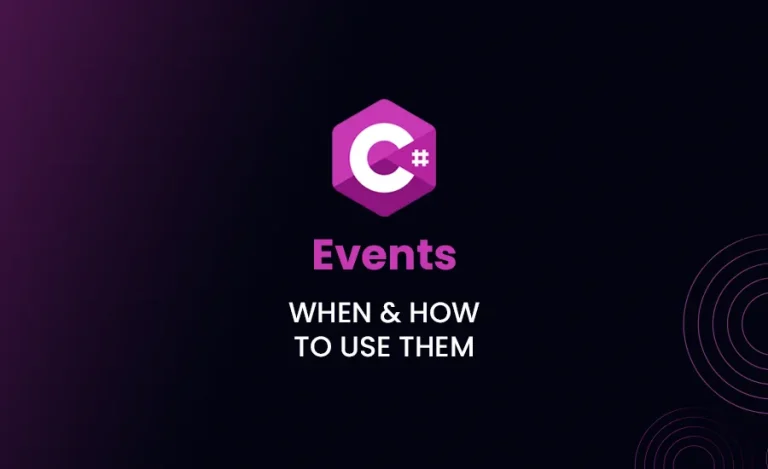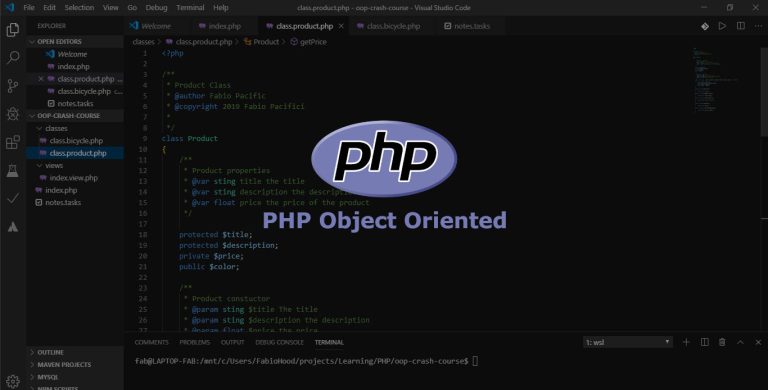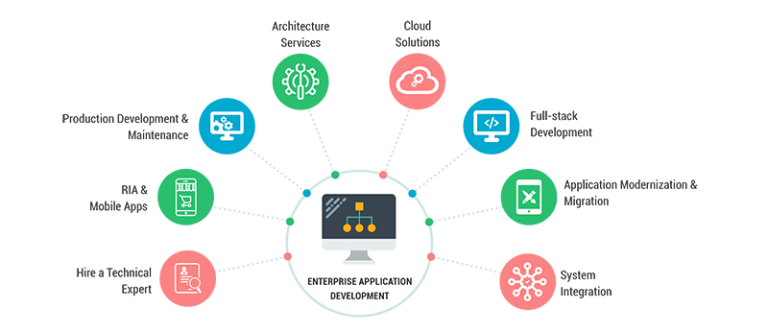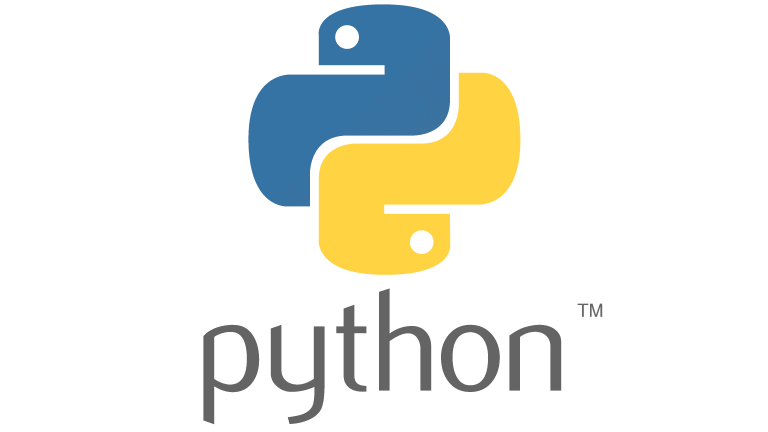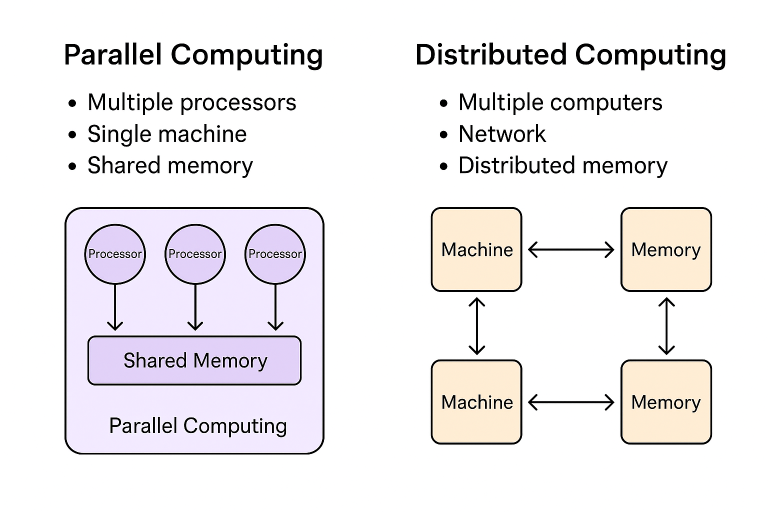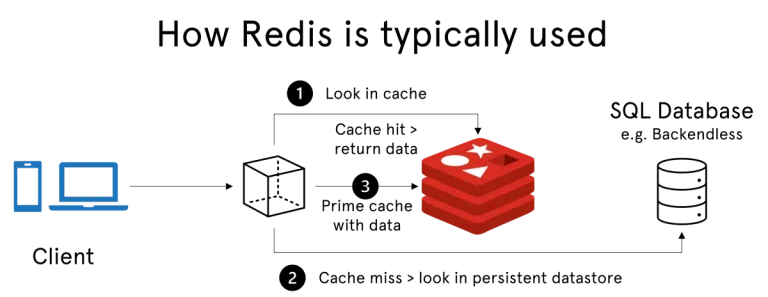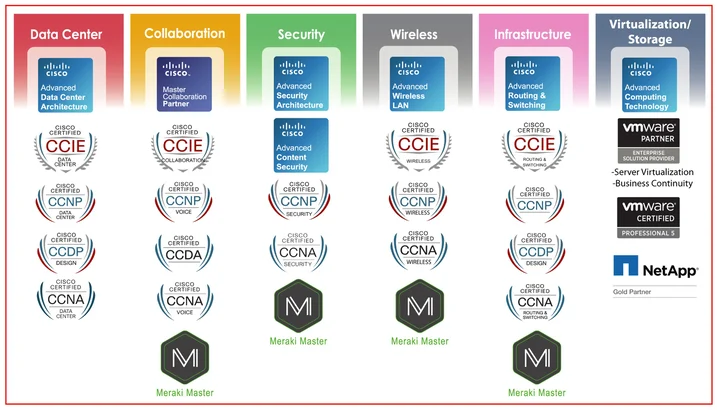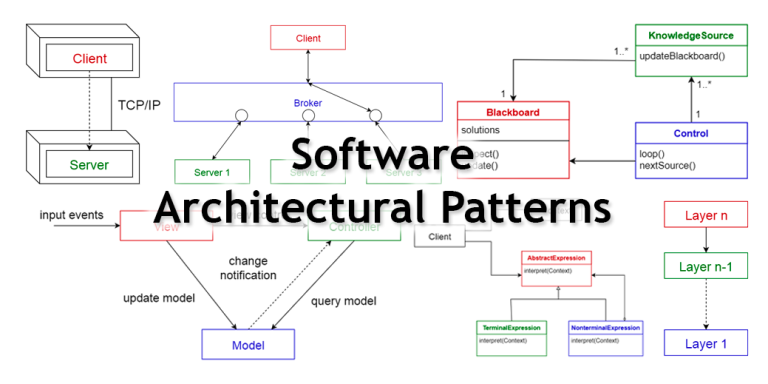Introduction
In the vast landscape of programming languages, each one serves a unique purpose, and choosing the right one can be a pivotal decision for aspiring developers. Among the myriad options, C# (pronounced C sharp) has emerged as a powerful and versatile language with a wide range of applications. In this article, we explore the reasons why learning C# is a valuable investment for anyone looking to embark on a career in software development.
- Versatility and Cross-Platform Development:
C# is known for its versatility, making it a go-to language for a variety of applications. Originally developed by Microsoft, C# has evolved into a language that supports cross-platform development through technologies like Xamarin. With Xamarin, developers can write C# code and deploy applications on multiple platforms, including Windows, iOS, and Android. This versatility significantly expands the reach of developers and allows them to target a broader audience. - Rich Ecosystem and Frameworks:
C# is closely tied to the .NET (pronounced dot net) framework, which provides a robust and extensive set of libraries and tools. The .NET ecosystem simplifies development by offering pre-built components for common tasks, enabling developers to focus on building features rather than reinventing the wheel. The popularity of the .NET framework ensures a thriving community and ample resources for developers, making problem-solving and collaboration more accessible. - Object-Oriented Programming (OOP) Paradigm:
C# is an object-oriented programming language, emphasizing the use of objects and classes to structure code. This approach promotes code organization, reusability, and maintainability, making it easier to manage complex projects. Understanding and implementing OOP concepts in C# not only enhances coding skills but also aligns with industry best practices, preparing developers for a variety of programming challenges. - Integration with Microsoft Technologies:
As a Microsoft-developed language, C# seamlessly integrates with various Microsoft technologies, including Azure cloud services, SQL Server databases, and Windows operating systems. This integration is particularly advantageous for developers working on enterprise-level applications, as it allows for smooth interoperability and efficient utilization of Microsoft’s ecosystem. - Strong Support for Modern Development Practices:
C# has consistently evolved to support modern development practices and paradigms. With the introduction of features like asynchronous programming, LINQ (Language Integrated Query), and pattern matching, C# enables developers to write efficient and expressive code. Staying up-to-date with the latest C# features ensures that developers can leverage modern programming techniques to enhance productivity and create high-quality software. - Thriving Job Market and Career Opportunities:
The demand for C# developers is substantial in the job market. Many industries, including finance, healthcare, gaming, and enterprise software, rely on C# for building robust and scalable applications. Learning C# opens doors to a variety of career paths, ranging from web development and mobile app development to backend system programming.

Conclusion
In conclusion, learning C# offers a myriad of benefits that extend beyond the technical aspects of programming. Its versatility, integration capabilities, strong community support, and alignment with modern development practices make it an ideal language for both beginners and experienced developers. Whether you’re interested in building desktop applications, web services, or mobile apps, C# equips you with the tools and skills necessary to thrive in the ever-evolving field of software development.


